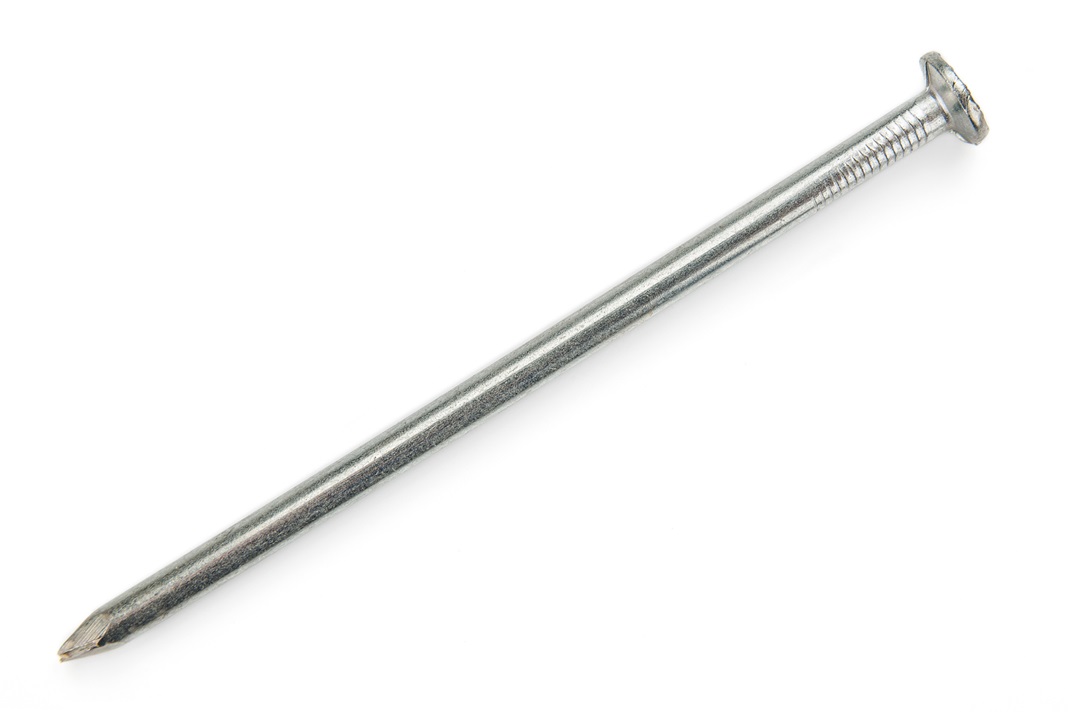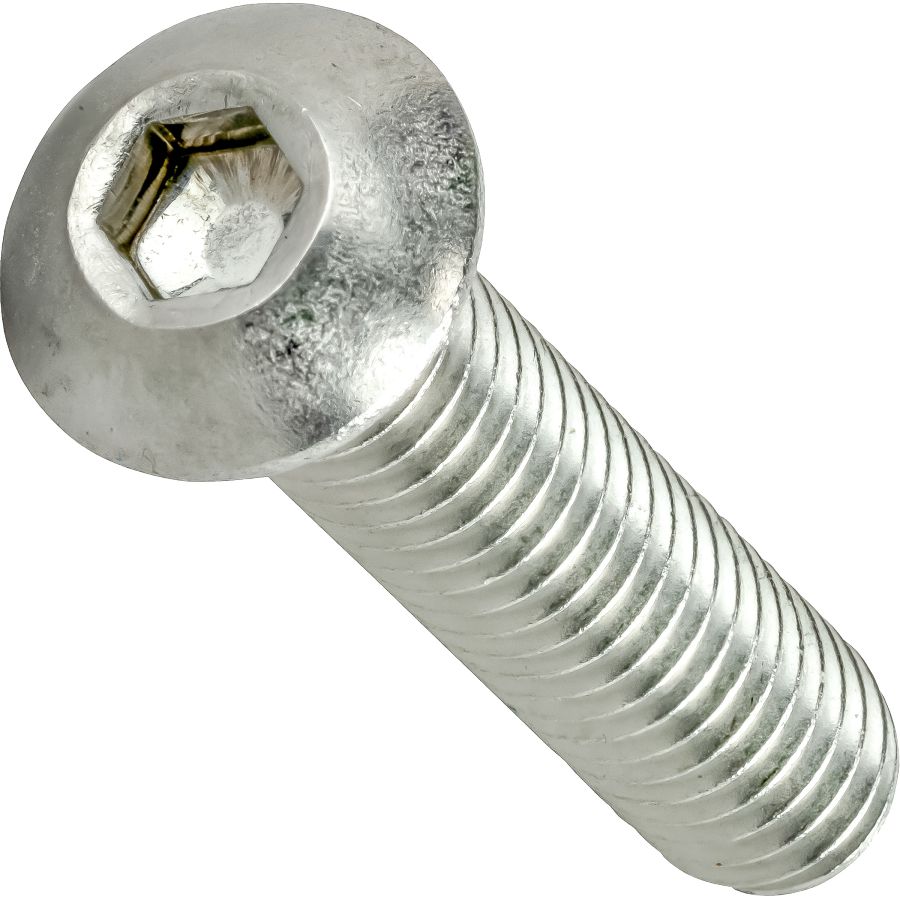When to Use Nails vs Screws?
When it comes to our favorite DIY and woodworking projects, it can sometimes be difficult to decide when to use nails vs. screws. In this article, we’ll take a closer look at nails vs. screws, the differences between them, and when you should be using nails and screws for your projects.
Key Differences Between Nails & Screws
There are significant differences between nails vs. screws, with the most obvious being that nails get hammered into place (or shot at high speed using a nail gun) while screws are put into place using rotational force.

Screws also generally have a radial thread pattern around them, allowing them to turn into the substrate to fix things in place. Nails, on the other hand, are generally smooth-bored or have some basic ridging but not in a radial pattern.
These two differences significantly impact the potential uses and attributes of these types of fasteners. Let’s examine them more closely.
| Best for | Temporary Use | Easy Removal | Tensile Strength | Shear Strength | Low Price | Not Splitting Wood | Bulk Install |
| Nails | X | X | X | X | |||
| Screws | X | X | X |
When to Use Screws vs. Nails
The main question, when considering the difference between a nail vs. a screw, is when to use each of them and where to use them.
There are many different aspects to consider when deciding which option to use where. Below, we’ll discuss the preferred options for some common applications and explain why that’s the preference.
- Exterior Applications - Nails are generally the preferred fastener choice for robust outdoor applications like shingles or siding. Mainly this is because they’re highly affordable and these kinds of projects often use many fasteners.
- Decking Applications - Screws are typically the preferred fastener option for this application. Not only do screws provide a more secure fix, but they make decking installation relatively easy. Thanks to various tools and industry developments, you can even hide them nearly as well as you would a nail.
- Interior Finishes - When it comes to more delicate interior finishes like baseboards or molding, nails are generally the preferred option for interior finishes. This is mainly due to the ease with which they can be installed, though it should be attributed partially to the discrete nature of these fasteners.
- Floor Installations - When it comes to flooring, both screws and nails are commonly used but in different applications. In terms of subfloor installations, screws are often the preferred option since they offer better jointing strength. Nails are often used to install flooring panels since they have better flexibility and adjust readily to the expansion and contraction of the wood.
- Cabinet Building - For cabinetry, screws are generally the preferred type of fastener. They provide stronger, more closely connected joints that make them ideal for furniture-building. Nails may sometimes be used in certain cabinetry applications, but they’re certainly not the preference.
- Framing - Nails are generally the preference for framing applications due to their high shear resistance, affordability when bought in bulk, and ease of installation. However, due to the development of effective pneumatic drivers for screws, these are slowly becoming more common in framing.
- Drywalling - When it comes to drywall nails vs. screws, there are proponents for either fastener type. However, screws offer much better tensile strength and have better grip, making the drywall more secure and preventing it from pulling away from the studs.
Naturally, these are just a few of the many applications you may need to use fasteners for. As a general rule, however, screws are best when you require strength and a close bond. Nails are best when you require an affordable, flexible fastener, or need to do delicate work.
Types of Screws and Nails
There are many different types of screws and nails, making it easy to find a fastener specifically for your application. Let’s take a look at a few examples
- Self-Tapping Screws - Self-tapping screws are screws that don’t require pilot holes since they drill their own holes.
- Machine Screws - Machine screws are relatively small fasteners used to keep machine parts together.
- Socket Drive Screws - Socket drive screws may be used for various purposes but they have a unique drive style that gives them higher torsion.
- Wood Screws - As the name implies, wood screws are a group of screws specifically for use on wood.
- Wire Nails - Wire nails are one of the most common types of nails, and are made from drawn nails. They’re commonly used for everyday construction and woodworking applications.
- Roofing Nails - Roofing nails are short and robust, and used to install sheet metal and other types of roofing.
- Finishing Nails - Finishing nails are small-headed fasteners commonly used for applications like trim or fine woodworking where their heads can easily be hidden below the surface of the wood to create a smooth finish.
- Brad Nails - Brad nails are similar to finishing nails but are even more discreet, and are usually installed with a pneumatic nail gun.
- Concrete Nails - As the name suggests, these nails have been designed specifically for use with concrete. They allow you to attach things to concrete quickly and easily.

Now that you know what to use where
browse our selection of fasteners for your project
Frequently Asked Questions
What holds better, screws or nails?
Screws generally have a higher tensile strength than nails, which often translates into a longer lifespan in high-stress projects. They’re also easier to remove and less likely to fail. However, nails have a higher overall shear resistance.
How many drive types are there when using screws?
There are many different drive types when you’re using screws, but some of the most common include the slotted (or flat), the Phillips (or star), the hex socket, and the internal socket drive.
Which has more shear strength, nails or screws?
Sheer strength, or the amount of pressure a fastener can handle being exerted on it from the sides, is an essential characteristic in certain applications. Nails have higher shear strength due to their flexibility, while screws have relatively little sheer strength.

